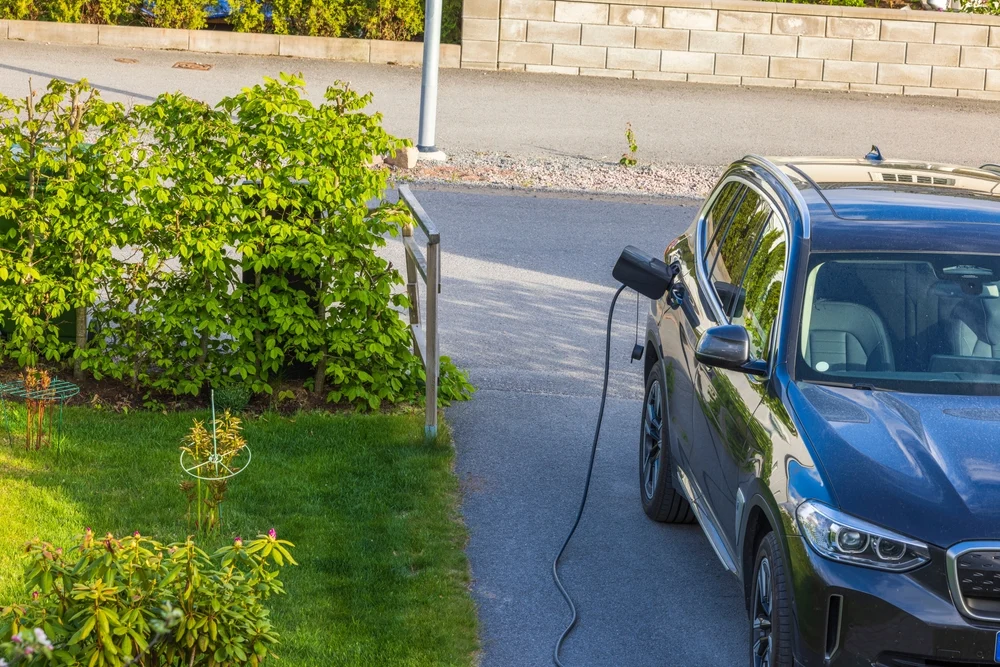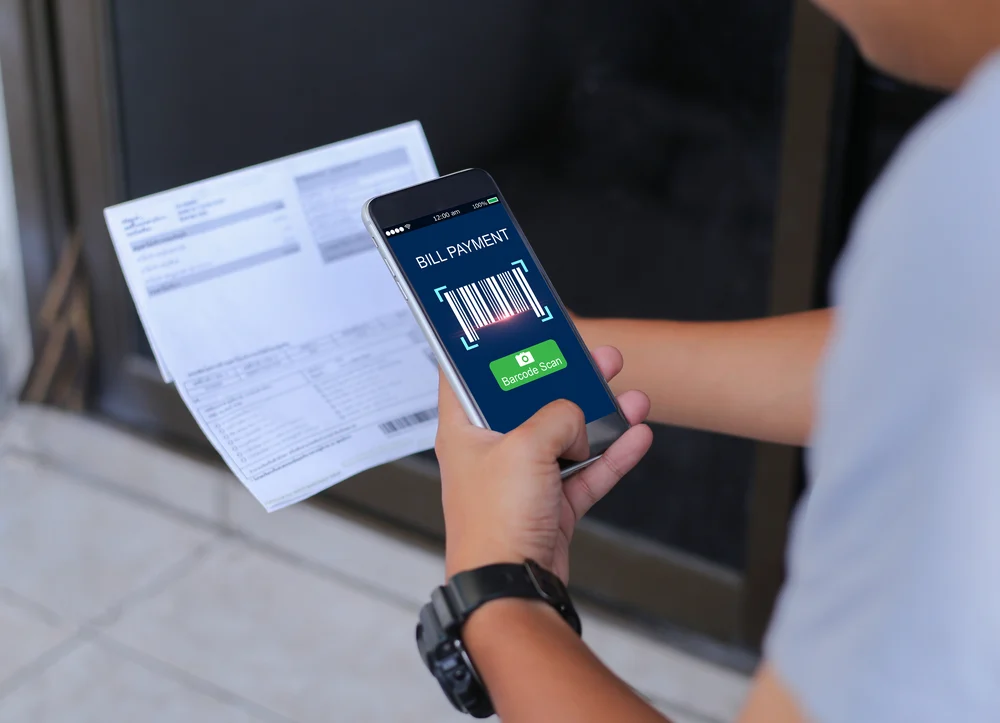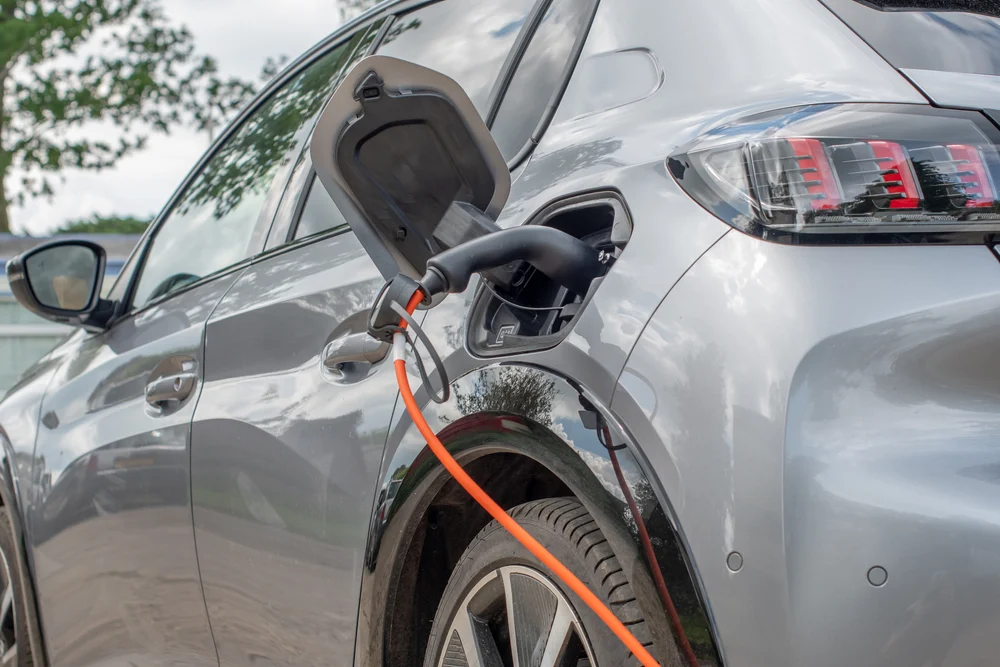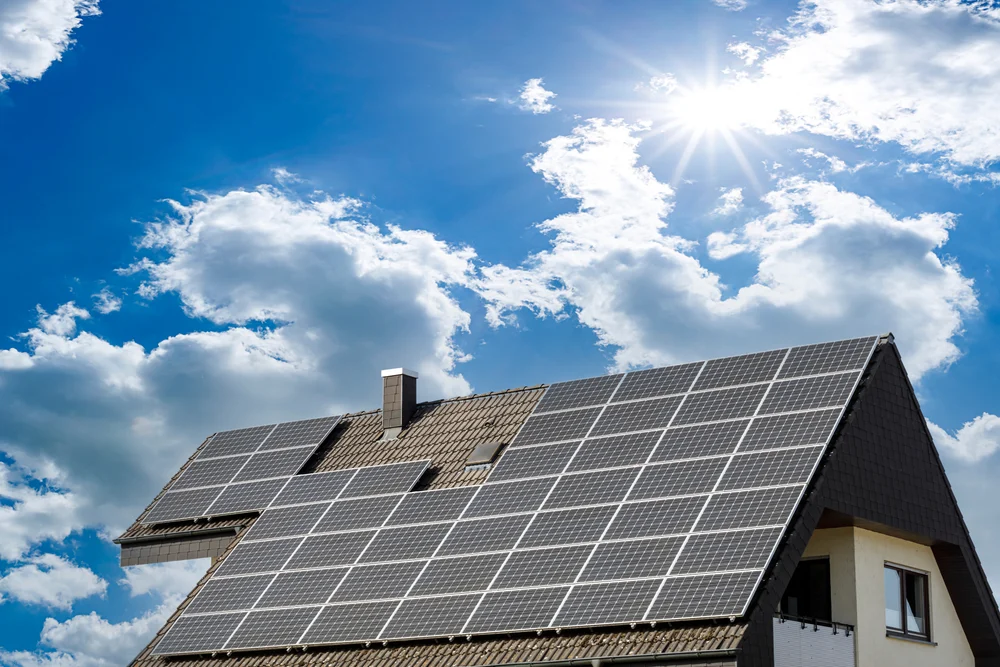As the global push toward sustainability accelerates, electric vehicles (EVs) have become central to modern transportation. Not only do EVs represent a greener alternative, but they also offer an unparalleled driving experience. Plus, the convenience of charging your car at home has quickly become second nature for many drivers.
For many EV owners, having a home charger is now a necessity. Beyond simply plugging in your vehicle, these chargers often come equipped with advanced features that allow you to manage your charging sessions more efficiently. One of the most talked-about aspects of smart charging is its potential to cut costs, especially as energy prices continue to soar worldwide.

People often wonder if smart chargers can help lower their electricity bills. The answer lies in understanding how these chargers work and what features they offer. Smart charging goes beyond just connecting your car to a power source—it’s about optimizing energy use and making the process smarter and more cost-effective.
What is Smart EV Charging?
To understand how smart charging can reduce costs, let’s first break down what it means. Smart charging, or intelligent charging, involves technology that connects your charging station, your vehicle, and you. It provides data-driven insights that help manage energy usage more efficiently, ultimately saving you money.
While not all chargers are smart, the market is rapidly evolving. Governments are even encouraging the adoption of smart chargers through regulations, further pushing the industry forward. For instance, a black SUV charging in a driveway highlights how smart chargers are becoming standard in many homes.

Why Do People Love Smart EV Charging?
Smart charging offers numerous advantages, from better control over your charging routine to insights into your energy usage. But perhaps the biggest question is whether it can actually reduce costs. The short answer is yes—but the extent depends on how you utilize these features.
How Much Energy Does an EV Need?
Before diving into cost savings, it’s essential to understand how much energy an EV requires. On average, an EV uses about 200 watt-hours (Wh) per kilometer. Assuming the European average of 4,529 kilometers driven annually, or roughly 12.41 kilometers a day, an electric vehicle consumes around 2,480 kilowatt-hours (kWh) per year. To put that in perspective, running a typical dishwasher for two hours a day would consume similar amounts of energy.
Please note: These figures are estimates and vary depending on individual circumstances and driving habits.
How Much Will Charging Add to Your Bill Without Smart Charging?
Based on this energy consumption, how much will charging an EV add to your electricity bill? The exact figure depends on factors like location, utility rates, and charging habits. For example, with an annual consumption of 2,480 kWh and an average EU electricity price of 23.69 euros per kWh, charging could add approximately 586 euros annually to your bill. In the U.S., where electricity is generally cheaper—around 15.4 cents per kWh—the cost would be closer to $381 annually.
Please note: These figures are estimates and vary depending on individual circumstances and driving habits.

Can Smart Chargers Reduce Your Electricity Bill?
Yes, smart chargers can help reduce your electricity bill. However, the degree of savings depends on the specific features available. Below, we explore how these features can help you save money.
How Can You Save Money with Smart EV Charging?
Some of the features discussed here are already available, while others are still in development or not widely accessible. For this article, we’ll cover everything that could potentially help you lower your electricity bill, whether today or in the future.
Managing Electricity Costs
Smart chargers provide connectivity that allows you to monitor your energy consumption and costs in real-time. Depending on your utility plan and location, you can schedule charging during off-peak hours when electricity is cheaper. Many utilities offer tiered pricing structures, meaning you can save by charging your vehicle overnight rather than during peak hours.
Of course, you can still charge during peak times if necessary, but smart chargers allow you to take advantage of off-peak rates to minimize costs.
Using Renewable Energy
Smart chargers can also enable you to harness renewable energy sources to power your EV. If you’ve installed solar panels, for instance, you can configure your charger to charge your car when solar production is at its peak. This approach helps maximize the use of renewable energy, reducing reliance on non-renewable sources and lowering your overall electricity bill.
Even with a modest solar setup, you can generate enough electricity to significantly offset your EV's energy needs. For example, a typical residential solar system might produce around 1 kWh daily, enough to add 42 km of range to a Tesla Model 3—well above the average daily mileage in the EU.
Combining renewable energy with smart charging not only reduces your electricity bill but also aligns with environmental goals. Wind power and other renewable sources can similarly integrate with smart chargers to provide clean energy.
Vehicle-to-Grid and Vehicle-to-Home
One exciting development in smart charging is vehicle-to-grid (V2G) technology. V2G enables two-way communication between your EV and the power grid, allowing your vehicle to return electricity to the grid when needed. This capability turns your EV into a mini energy storage system, helping balance grid loads and store excess renewable energy.
V2G isn’t just beneficial for grid operators; it can also lead to financial incentives for EV owners. For example, you might receive discounts or lower tariffs for allowing the grid to tap into your vehicle’s battery. Another promising feature under development is vehicle-to-home (V2H), which lets you power your home directly from your car. This functionality can reduce reliance on grid electricity during peak hours, saving you money in the long run.

Dynamic Load Balancing
Perhaps the most practical feature of smart chargers is dynamic load balancing. This technology automatically adjusts the charging power based on the current electrical load in your home. For instance, if you're running multiple high-power appliances, the charger will reduce the charging speed to avoid overloading your circuit. Once other devices are turned off, the charger can ramp up the charging speed again.
Dynamic load balancing is particularly useful for homes with older or smaller electrical systems. A dedicated EV charger can deliver between 7,400 and 22,000 watts of power, which is far more than most household appliances. Without proper management, this intense power draw could cause circuit overloads, leading to costly repairs or upgrades.
By preventing overloads, dynamic load balancing not only protects your home's electrical infrastructure but also saves you money. You may avoid the expense of upgrading your meter box or grid connection, which can be substantial.
No Meter Box Upgrading
In many cases, dynamic load balancing eliminates the need for costly upgrades to your home's electrical system. When charging an EV, the added load can exceed the capacity of older meters, prompting homeowners to consider upgrades.
A smart charger equipped with dynamic load balancing can adjust its power usage to stay within the limits of your existing meter. This means you can keep your current setup without incurring additional costs for meter upgrades, grid connection fees, or permit applications.
At a time when energy prices are skyrocketing, managing costs effectively is crucial for EV owners. Smart charging empowers you to take control of your energy usage, ensuring you’re always charging at the lowest possible rates.
If you're thinking about installing an EV charger and want to learn more about smart charging, check out our comprehensive guide for more details.
Professional Glueless Patch Kit manufacturer is located in China, including Glueless Patches,Glueless Puncture Repair Kit,Glueless Tire Patch, etc.
Glueless Patch Kit,Glueless Patches,Glueless Puncture Repair Kit,Glueless Tire Patch
KRONYO United Co., Ltd. , https://www.kronyotirerepairkit.com

